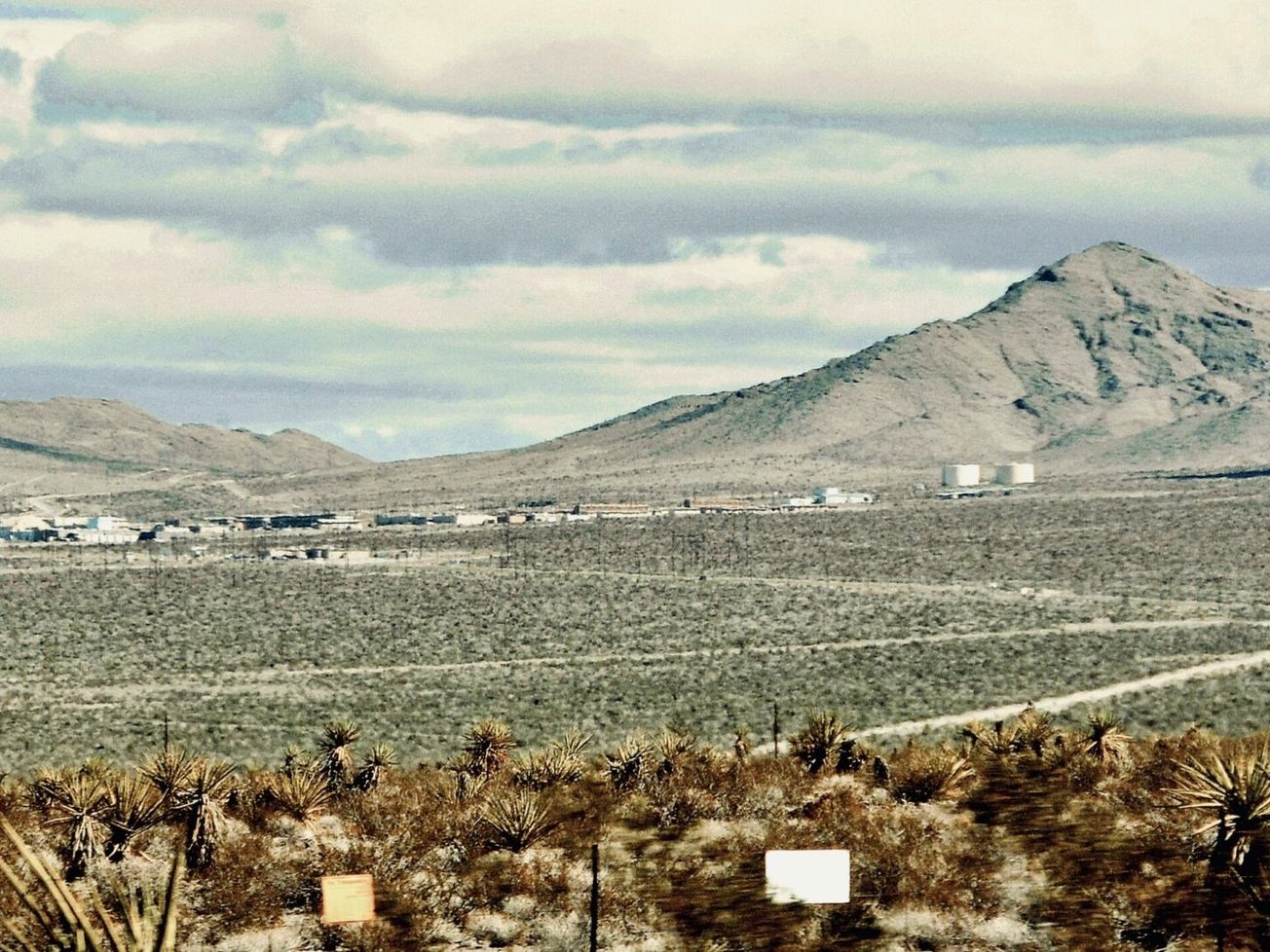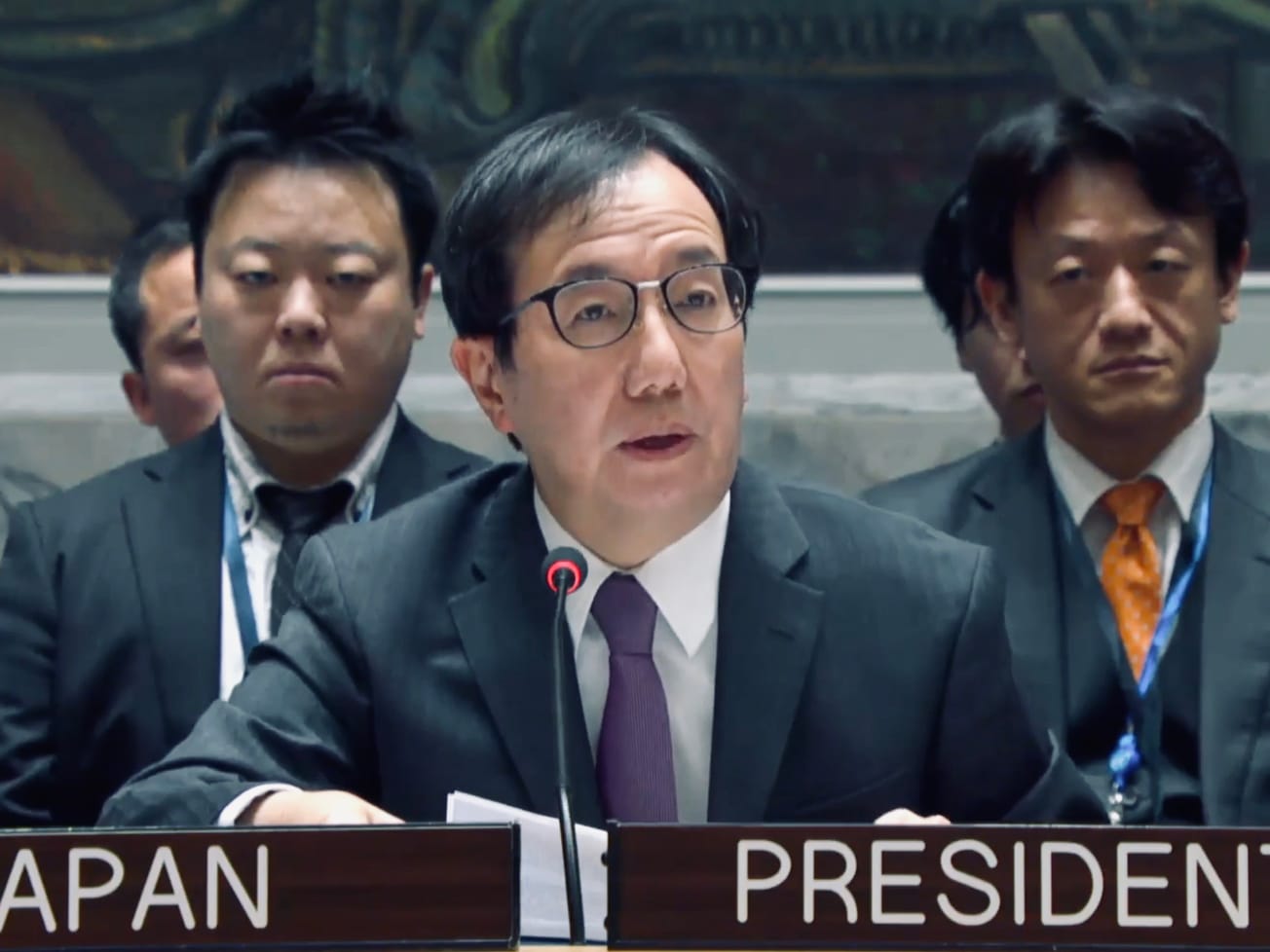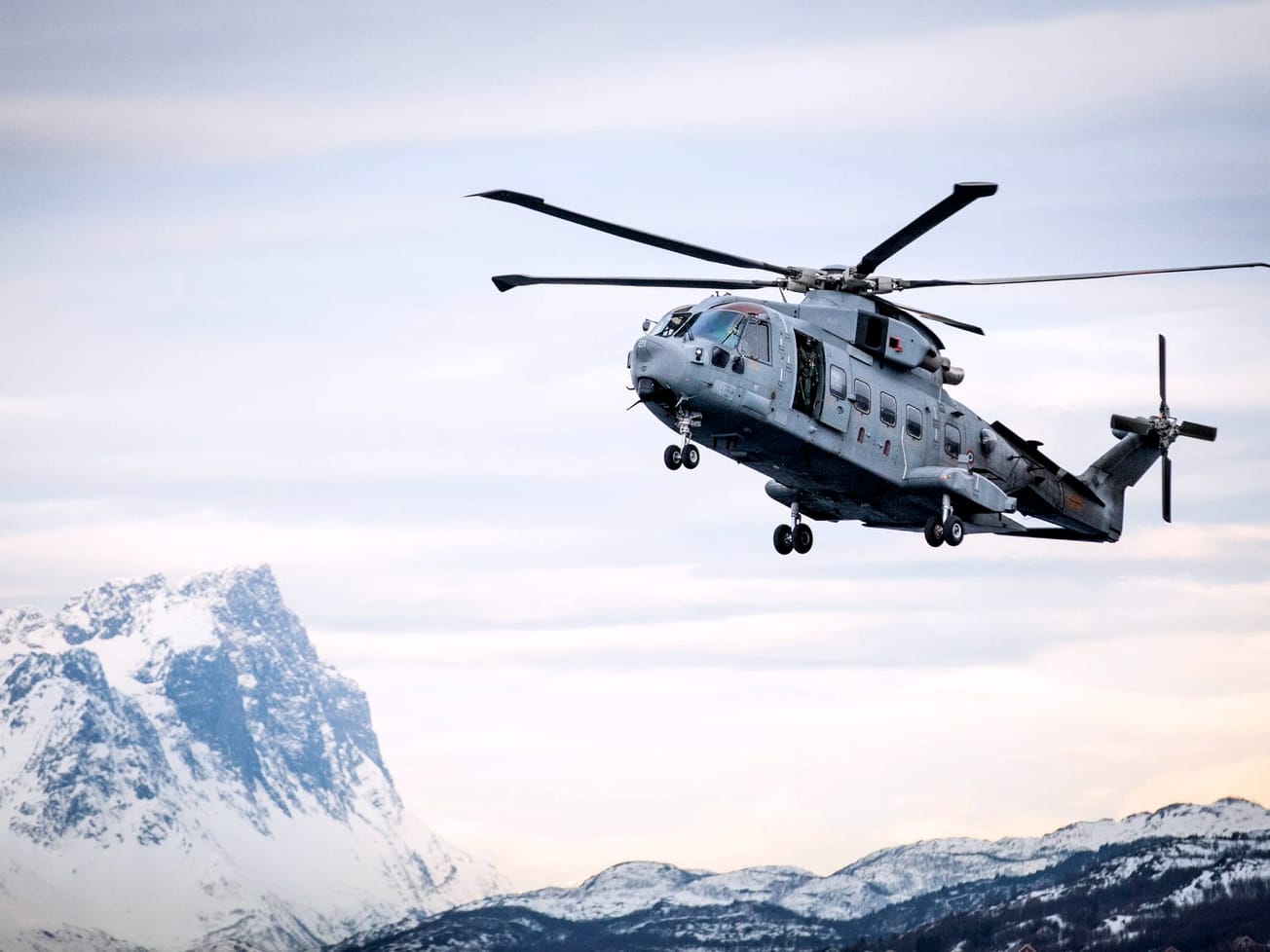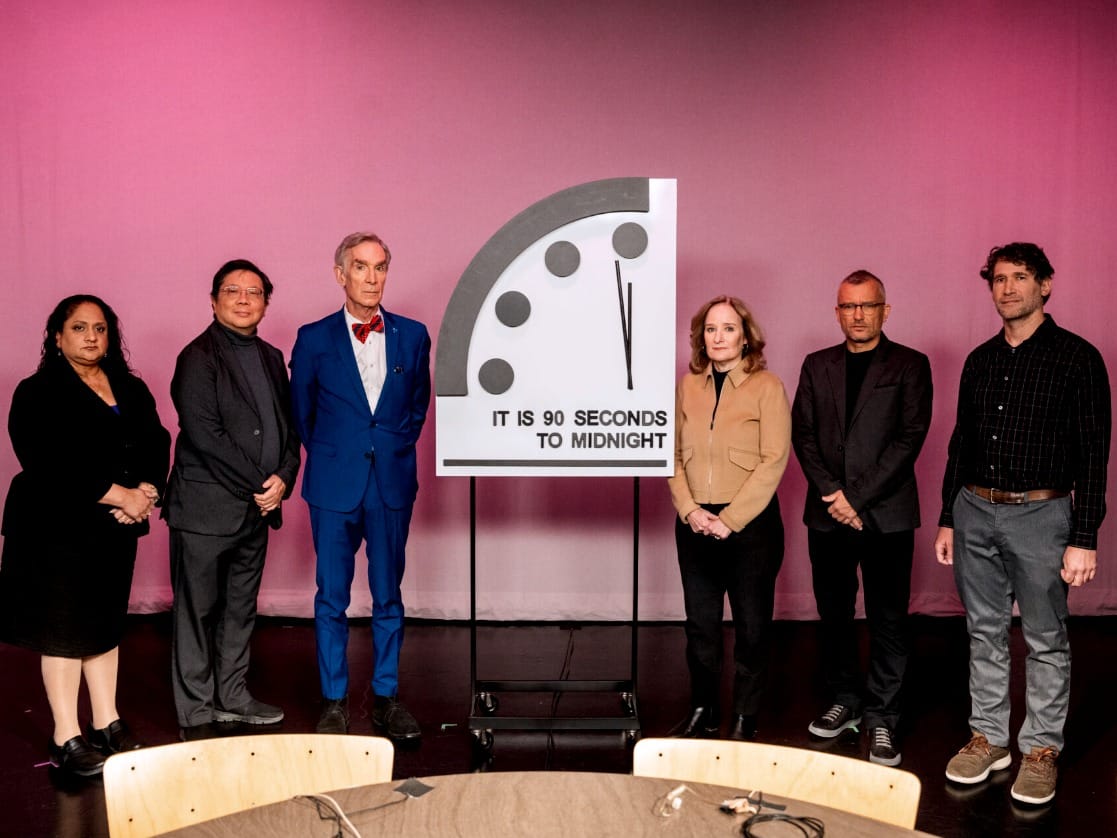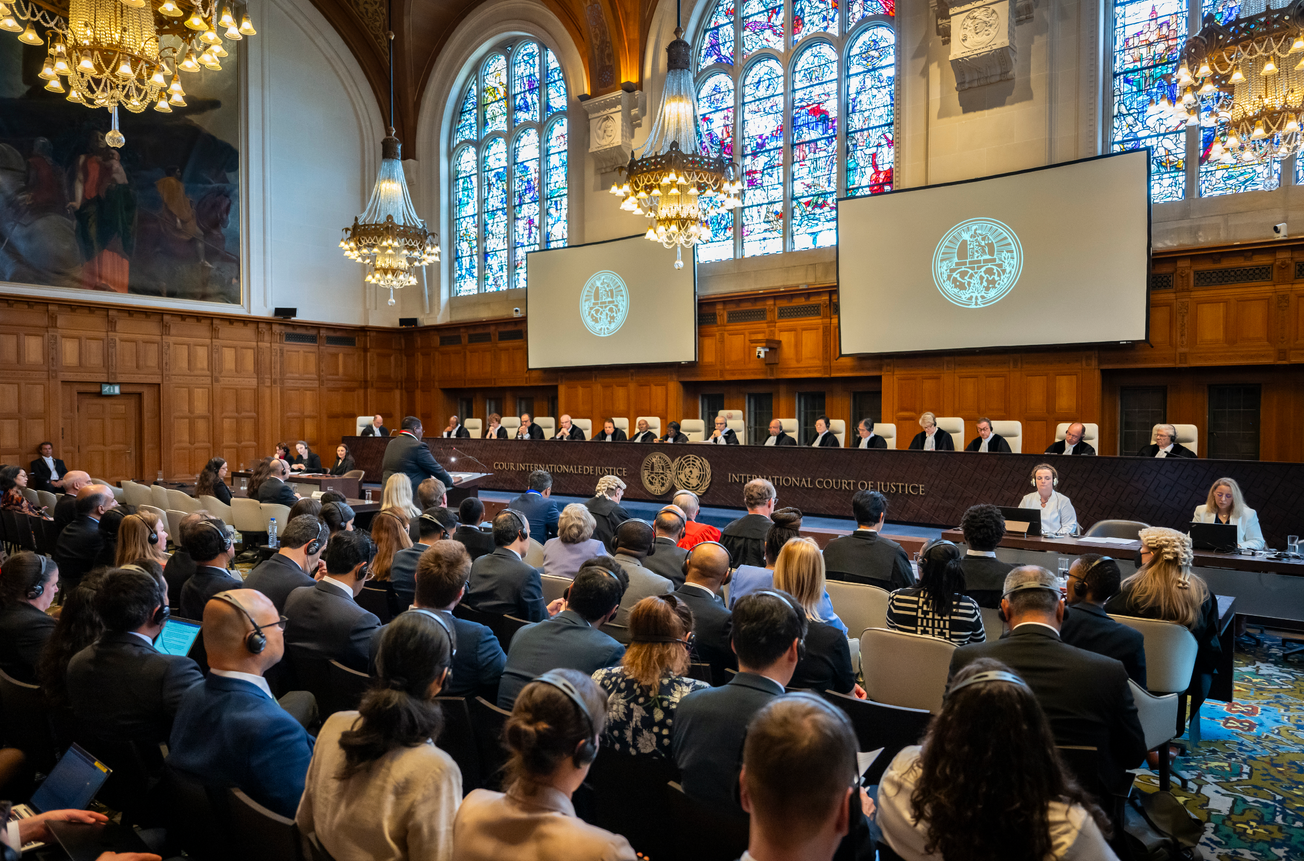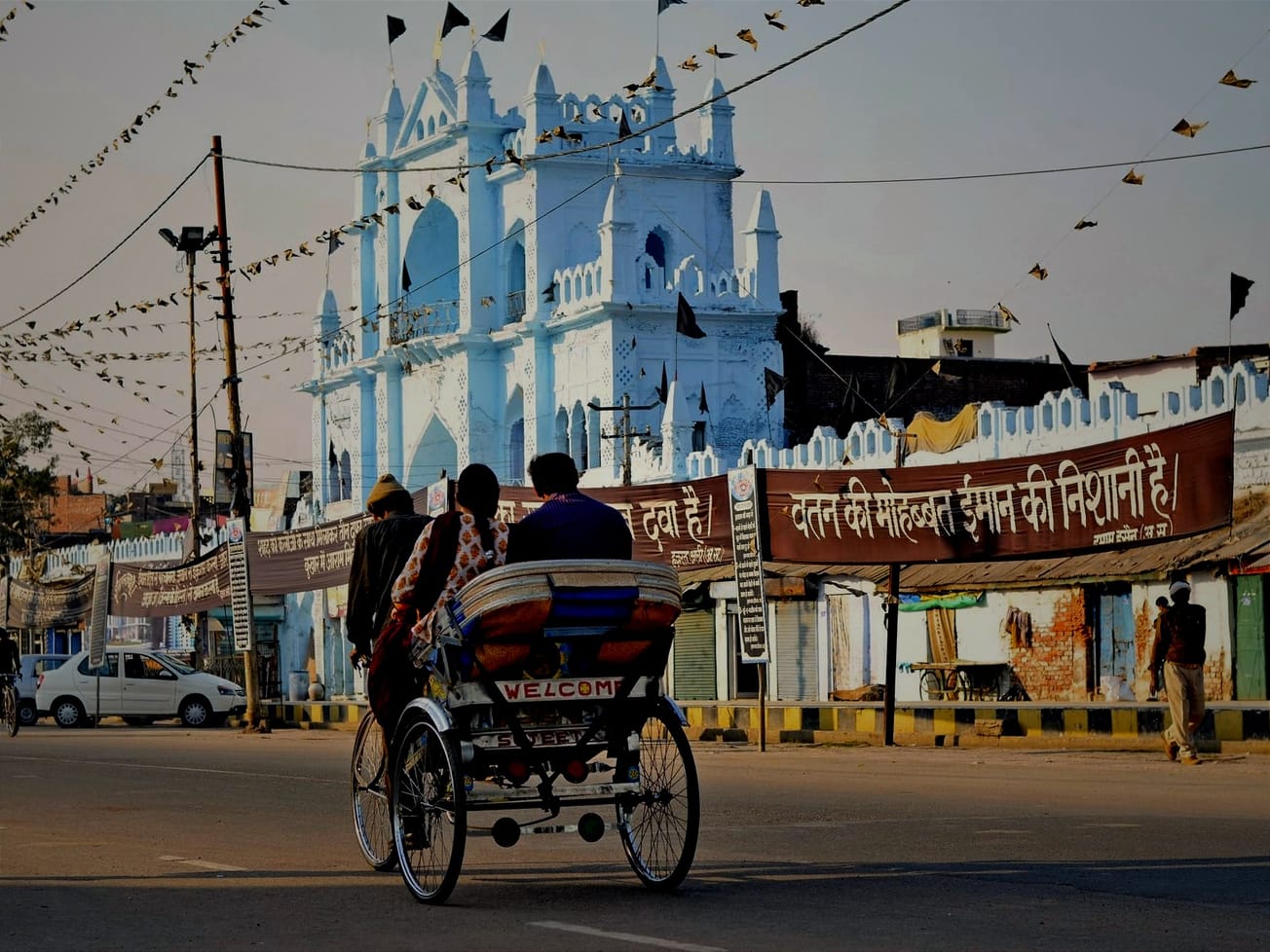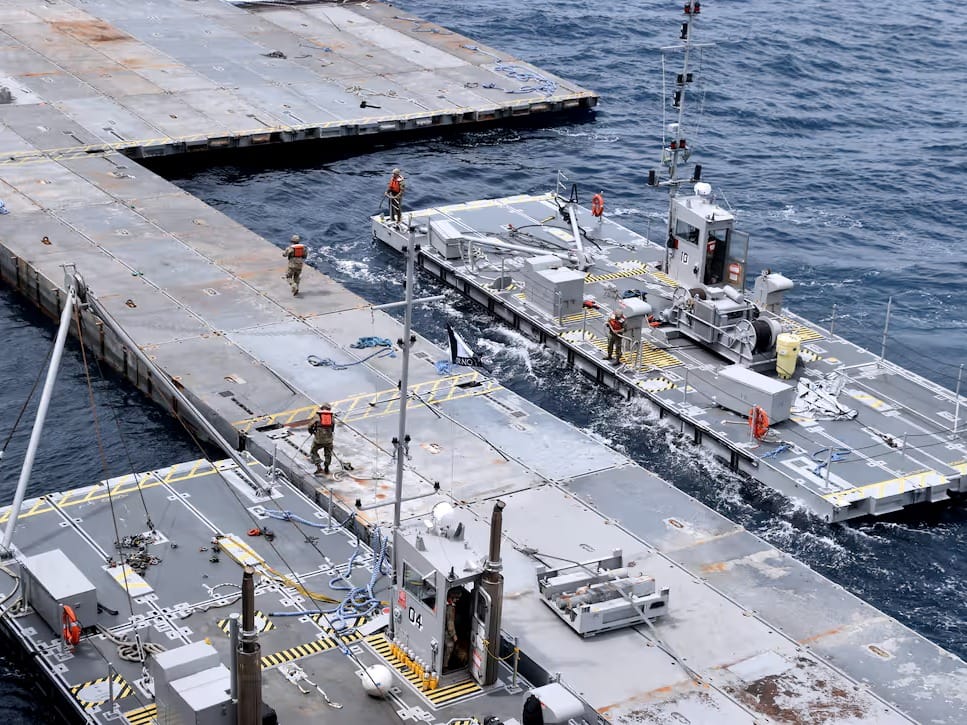VIENNA (AN) — Prominent members of the international watchdog that monitors nuclear testing warned on Friday that any U.S. return to conducting a demonstration nuclear test explosion would imperil global peace and security.
The 15 veteran diplomats and politicians were responding to news reports that U.S. President Donald Trump's administration discussed possibly conducting the United States' first nuclear test explosion since 1992.

